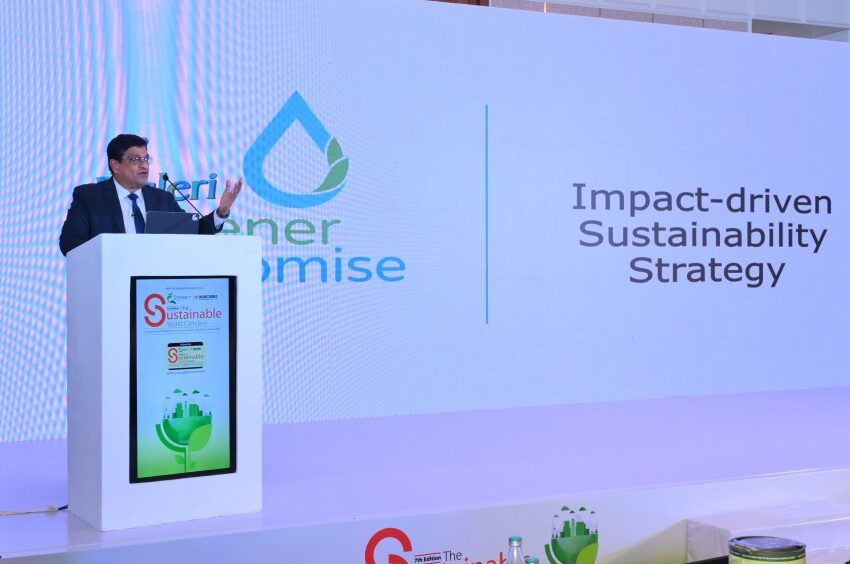Bisleri’s Challenge: Staying Cool For Gen Z While Leading Sustainability Efforts

Bisleri is striving to stay relevant to Gen Z by balancing sustainability, innovation, and digital engagement while addressing challenges in packaging and environmental responsibility
Byline- Himanshi Karnwal
“Our focus has always been on making drinking water available at an affordable price for consumers while continuously strengthening our connection across generations. The challenge we now face is making Bisleri ‘cool’ for Gen Z,” Angelo George, CEO, Bisleri said.
Gen Z prefers authenticity, sustainability, and convenience, making them interact with brands differently from older generations. As a well-known packaged drinking water brand, Bisleri has had to change and adapt to stay connected with this young and aware audience.
With an increasing focus on health, hydration, and the environment, Gen Z expects more from brands than just a product. They look for eco-friendly packaging, creative marketing, and digital engagement, which influence their trust and loyalty. Bisleri has responded with sustainability programmes, hydration awareness campaigns, and brand partnerships to build a stronger bond with this generation.
Bisleri’s challenge is not just to maintain its reputation but also to match Gen Z’s changing expectations. By focusing on honesty, sustainability, and digital presence, the brand hopes to remain a favourite choice for the younger generation.
Talking about the challenges that Bisleri faces, George said, “When we look at our business, we face two fundamental challenges—first, the product itself, which is water, and second, the packaging we choose to use.”
Bisleri has been ahead in sustainability efforts, maintaining water positivity and plastic neutrality for four years, even before government regulations, showcasing its commitment to environmental care.
“Bisleri has been a water-positive and plastic-neutral organisation for the last four years, well ahead of the government mandate. When the government set a target of recycling 70 per cent, we were already recycling 102 per cent,” George added.
Plastic waste is a serious issue because it takes a long time to break down and harms nature. A lot of plastic ends up in landfills, oceans, and forests, polluting the environment and hurting animals. While recycling helps, we also need to use less plastic and find better alternatives to keep our planet clean.
“It’s not plastic that is the problem, but how people handle it. As one of the largest companies using plastic as a packaging medium, we have a responsibility to take action. We must educate consumers that used plastic is valuable, can be repurposed, and should be sent directly for recycling through proper systems,” George said.
George was speaking at the seventh edition of the Sustainable World Conclave.









































































































































































































































































































































































































































































































































































































































































































































































































































































































































































































































































































































































